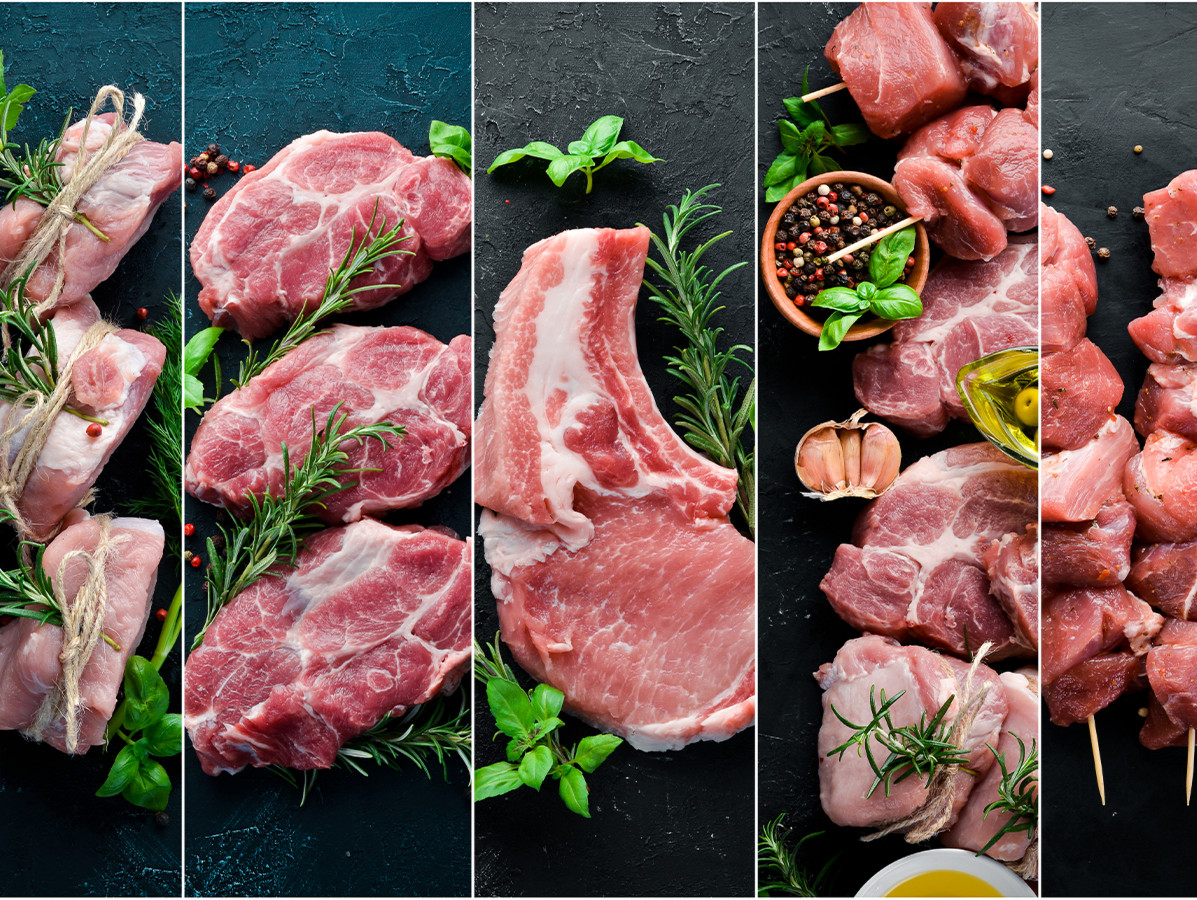
Under the right conditions, income from taxes on meat products that is returned to livestock farmers by the government can make the livestock farming sector more sustainable. To be effective, it should also make use of chain arrangements such as the Beter Leven (better life) quality mark and sustainable funding. Good collaboration between the government and the sector is also crucial. This was demonstrated in research by Wageningen University & Research (WUR), conducted at the request of the Ministry of Agriculture, Nature and Food Quality (LNV).
WUR has now researched how to price meat in a way that can lead to economic sustainability (a fair price), social sustainability (public health, animal welfare), and ecological sustainability (decreased land use, biodiversity). One sustainability objective should not lead to deterioration in a different area.
‘The pricing of meat is not an objective, but a means for change’
The tax that is returned to the livestock farmers scores best on all sustainability objectives. However, it is the route to get there that will determine its success. Clear milestones must be set out by the government, and objectives must be established together with the business community after that. The question is whether the government and the meat sector will be able to agree on the method and recipients of the funding that is returned.
For different reasons, there is broad support for using the tax system as an addition to chain arrangements such as the Beter Leven quality mark. Parties from the livestock sector are in favour of chain arrangements because they would like the market to play its part so that consumer demand can be determined from it. But chain arrangements by themselves are rarely sufficient. The Beter Leven quality mark has a big impact on the behaviour of consumers in the supermarket, but this does not apply to meat for the out-of-home sector and export. It has an impact on less than 50 percent of meat production. It also hardly affects consumption if meat with a quality mark remains more expensive than conventional meat. This is why the surveyed NGOs advocate a combination of measures.
A tax for keeping animals, a slaughter tax, or a consumer tax do not contribute to the livestock farmer’s motivation to increase sustainability. A consumer tax decreases the consumption of meat, but with a tax for keeping animals there is a good chance that the production and associated emissions will move abroad. The danger with the consumer tax is that the portion that is sold less will be exported which means that the impact on production and associated emissions will be limited. Researchers propose that a government buy-out of livestock businesses is easier than a tax for keeping animals. If a tax is introduced, less sustainably produced meat would need a higher one than sustainable meat.
Read the report 'Beprijzen van vlees en verduurzaming'(Dutch only)
Photo: ©YARUNIV Studio/Shutterstock.com
Source: Wageningen University & Research